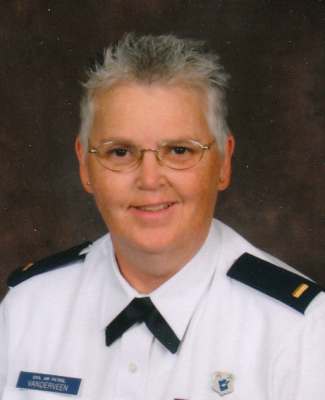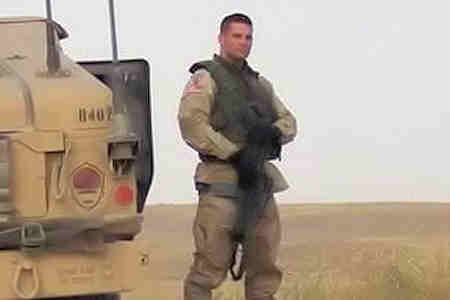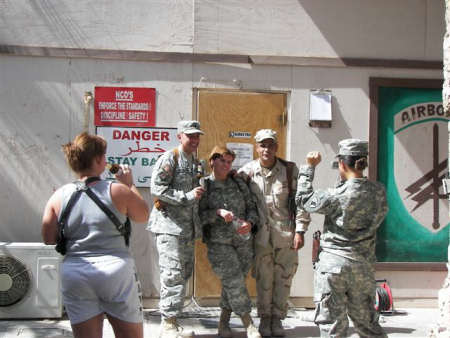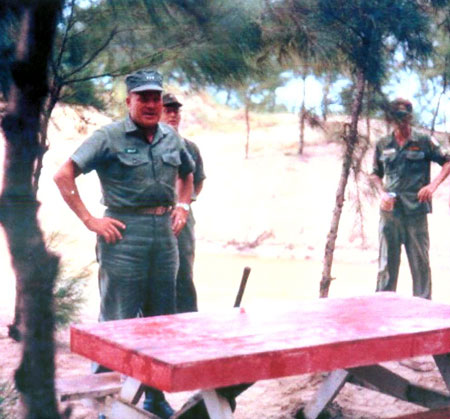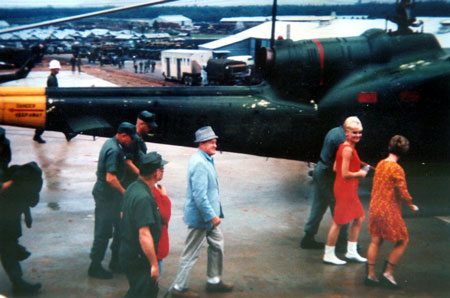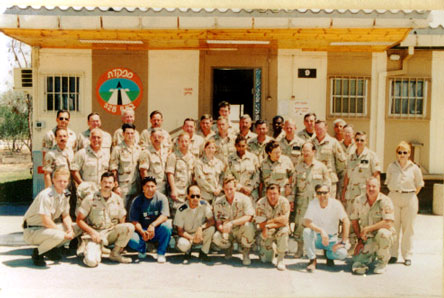ABOUT Civilian
- Origins of the Term: The term "civilian" comes from the Latin "civilis," meaning "relating to a citizen." It has been used for centuries to distinguish non-military individuals from soldiers.
- Geneva Conventions: International humanitarian law, especially the Geneva Conventions, provides specific protections to civilians during times of war, making deliberate attacks on them a war crime.
- Civilian Contributions in WWII: During World War II, civilians played crucial roles in the war effort, from working in factories producing weapons (the "Home Front") to participating in resistance movements in occupied countries.
- Victory Gardens: Millions of civilians in Allied countries grew "victory gardens" to supplement food supplies during both World Wars, alleviating pressure on public food systems.
- Civilian Evacuations: The British government evacuated over 1.5 million civilians, mostly children, from cities to the countryside during WWII to protect them from German air raids.
- Civil Defense Organizations: Throughout the 20th century, many countries formed civil defense organizations to train and prepare civilians for air raids, nuclear attacks, and natural disasters.
- Non-Combatant Status: Civilians working with military units, such as medics, chaplains, and journalists, are granted non-combatant status under international law, though they still face significant dangers.
- Resistance Fighters: In many conflicts, civilians have formed resistance or partisan groups, playing significant roles in intelligence gathering, sabotage, and supporting regular military forces.
- Impact of Modern Warfare: In modern conflicts, civilians often make up the majority of casualties, highlighting the importance of protecting non-combatants and minimizing collateral damage.
- Civilian-Military Relations: Effective cooperation between civilian governments and the military is essential for national security, with civilian control of the military being a cornerstone of democratic societies.

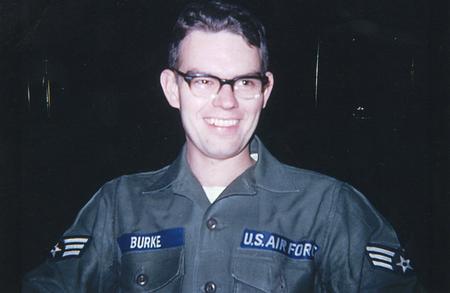

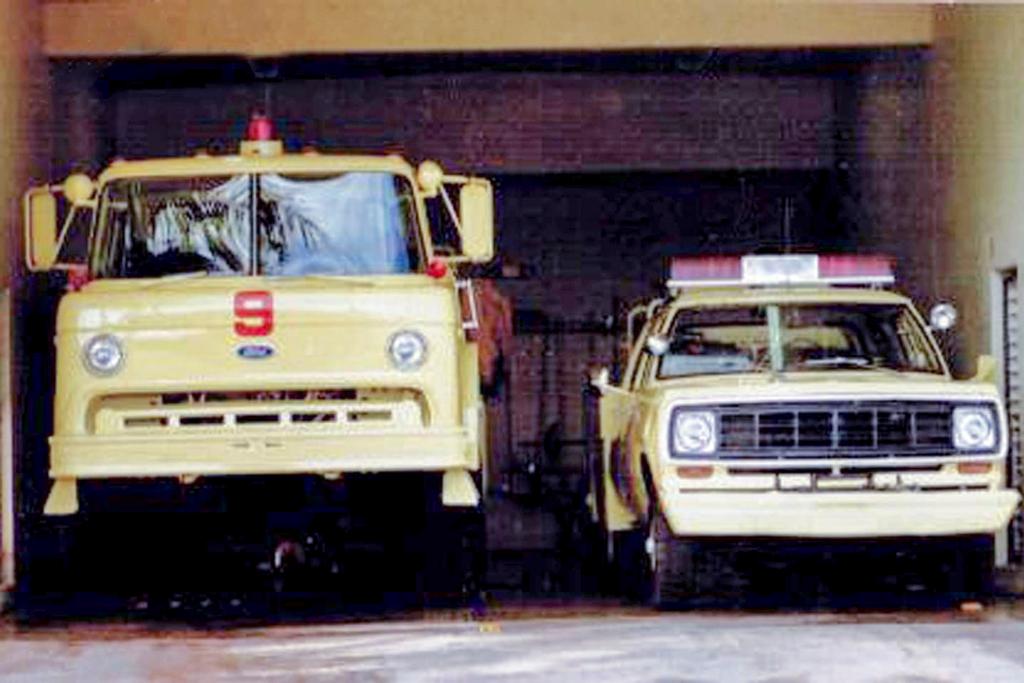
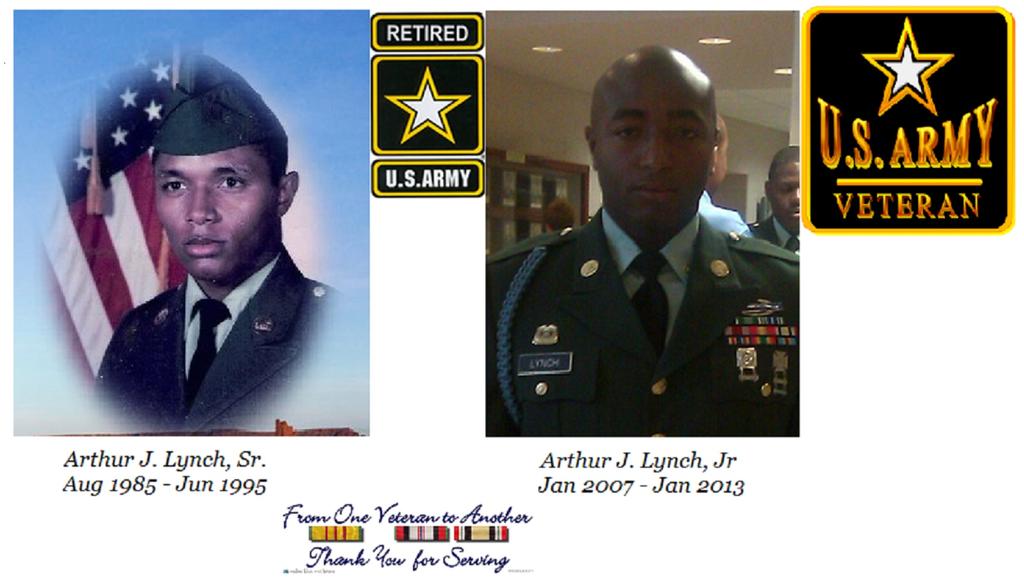
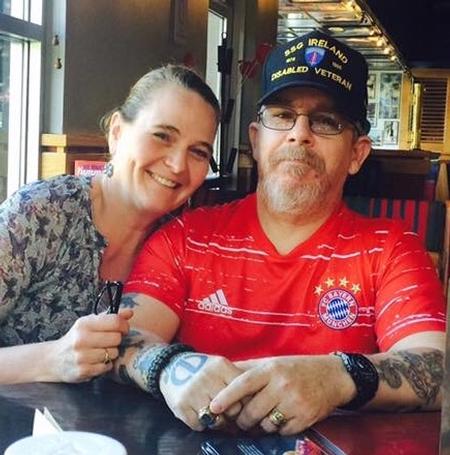

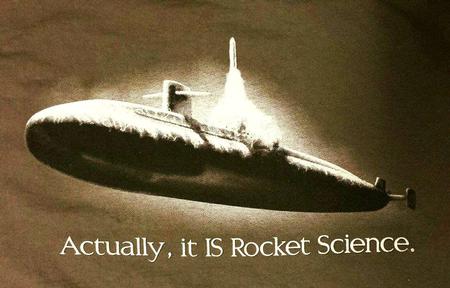
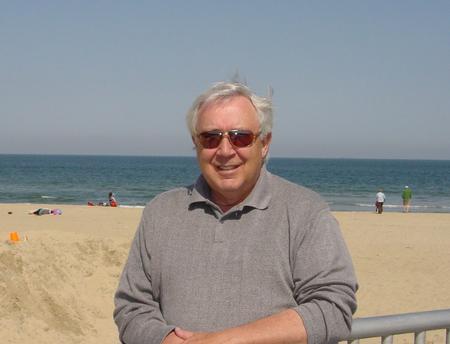




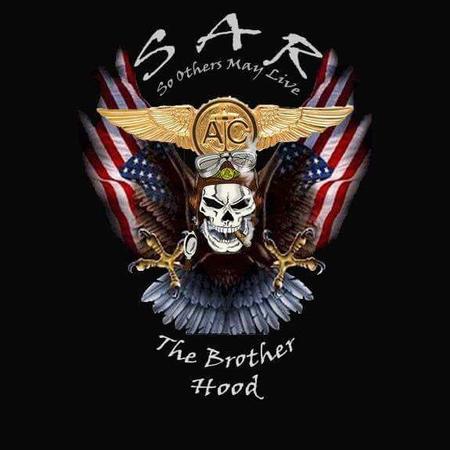
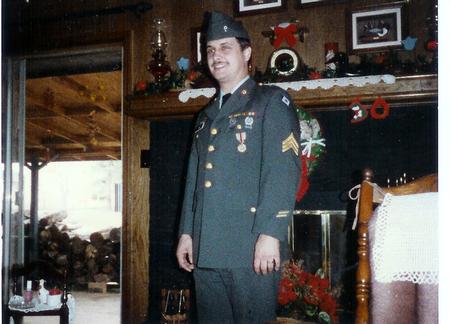
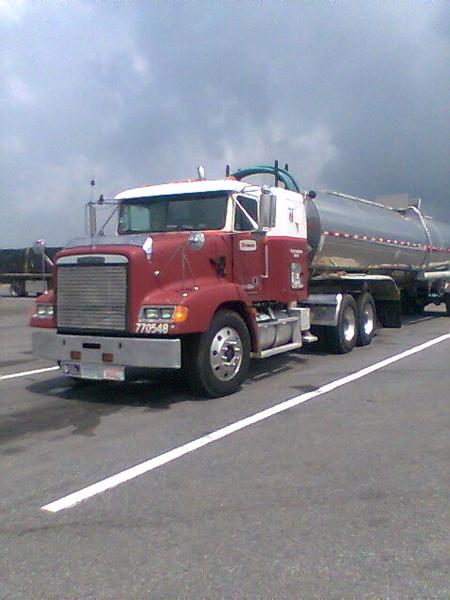


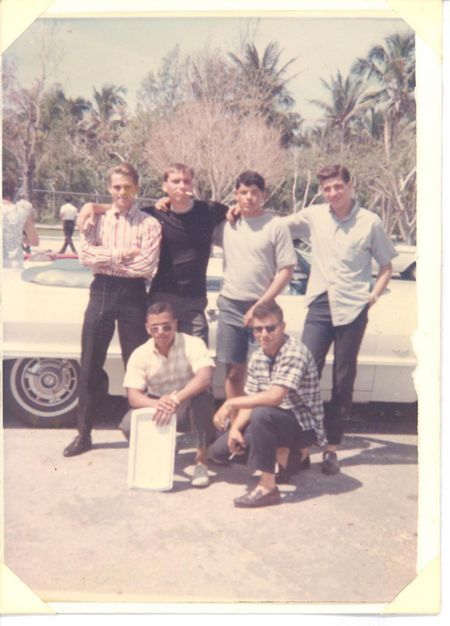

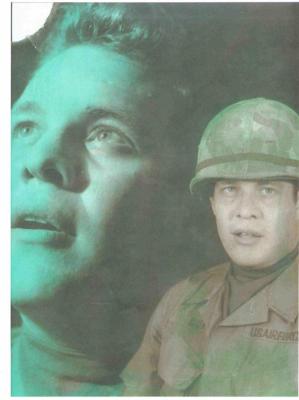
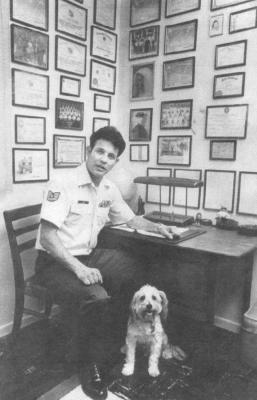
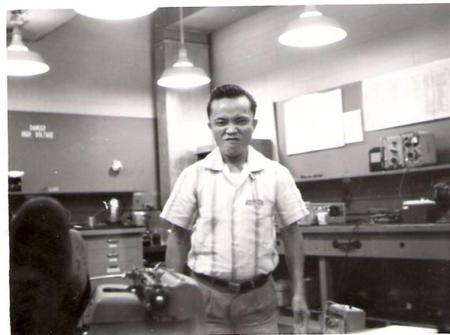

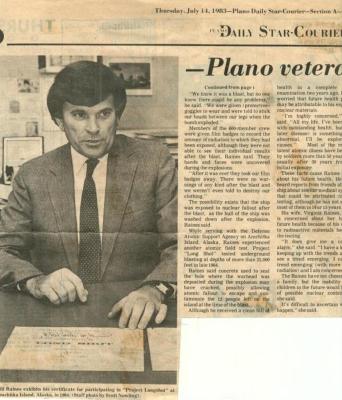




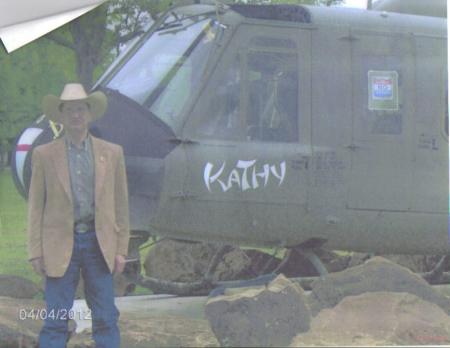
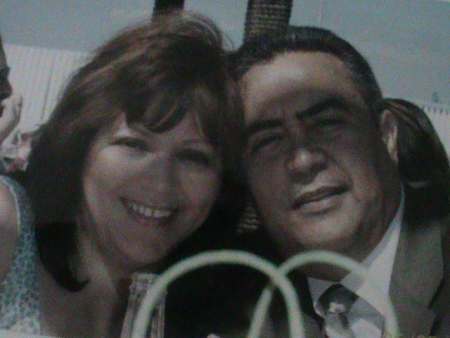
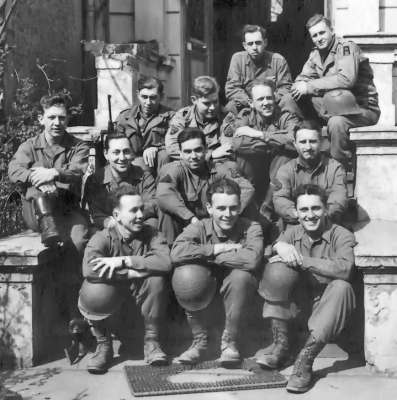
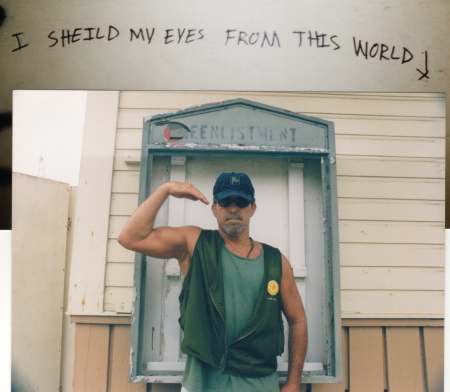
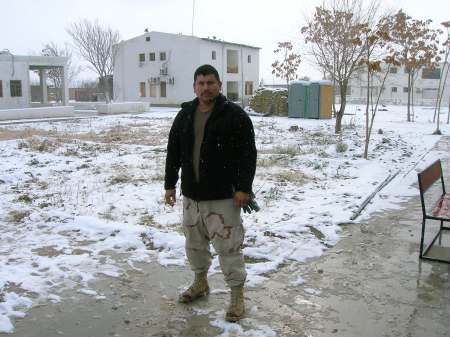

.jpg)
